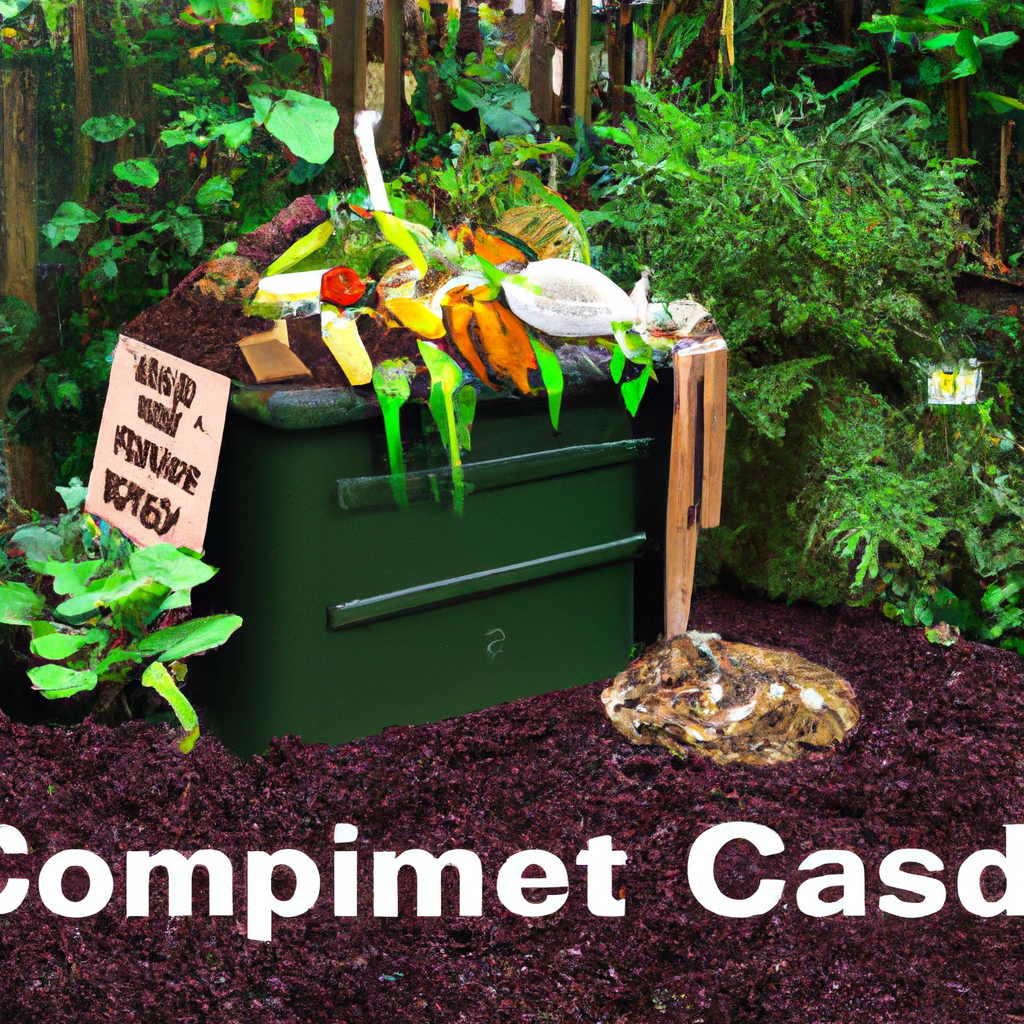
In today’s fast-paced world, living a sustainable lifestyle is becoming increasingly important. One simple and effective way to reduce home waste is through composting. Not only does composting help divert waste from landfills, but it also creates nutrient-rich soil for your plants and garden. If you’re looking to make a positive impact on the environment and create a greener home, composting is a great place to start.
Composting may seem intimidating at first, but it’s really quite easy once you get the hang of it. The key is to have the right balance of brown and green materials. Brown materials include things like dried leaves, twigs, and newspaper, while green materials consist of kitchen scraps like fruit and vegetable peels, coffee grounds, and eggshells. By combining these elements, you create the perfect environment for beneficial microorganisms to break down the organic matter into compost.
When starting your compost pile, it’s important to choose the right location. An ideal spot is a sunny area with good drainage. You can use anything from a commercial compost bin to a DIY setup made from wooden pallets or chicken wire. The choice is yours, so feel free to get creative with your composting setup.
To kick-start the composting process, layer your brown and green materials in your bin or pile. Make sure to chop up larger items to help them break down faster. You can also add a shovelful of garden soil to introduce the necessary microorganisms. Remember to turn your compost pile regularly to aerate it and speed up decomposition.
When it comes to maintaining your compost, there are a few key things to keep in mind. First, make sure your pile stays moist but not soggy. If it’s too dry, add some water; if it’s too wet, mix in more brown materials. Additionally, avoid adding meat, dairy, or oily foods to your compost, as they can attract pests and slow down the process. Instead, focus on kitchen scraps, yard waste, and other biodegradable materials.
As your compost matures, you’ll notice it breaking down into a rich, earthy-smelling substance. This finished compost can be added to your garden beds or potted plants to enrich the soil and promote healthy growth. Not only does compost improve soil structure, but it also helps retain moisture and reduce the need for chemical fertilizers.
In addition to traditional composting, there are other methods you can explore to further reduce waste in your home. Vermicomposting, for example, involves using worms to break down organic material. This method is great for small spaces and can be done indoors or outdoors with a specialized worm bin.
Another option is bokashi composting, which uses a fermentation process to break down food waste quickly. Bokashi bins are airtight containers that allow you to add all types of food scraps, including meat and dairy. Once the fermentation process is complete, you can bury the bokashi pre-compost in your garden or add it to a traditional compost pile.
By incorporating composting into your daily routine, you’ll not only reduce your environmental impact but also create a more sustainable home. Whether you’re a seasoned gardener or just starting out, composting is a simple and rewarding practice that benefits both your household and the planet. So grab a pitchfork, roll up your sleeves, and get ready to turn your kitchen scraps into black gold!
